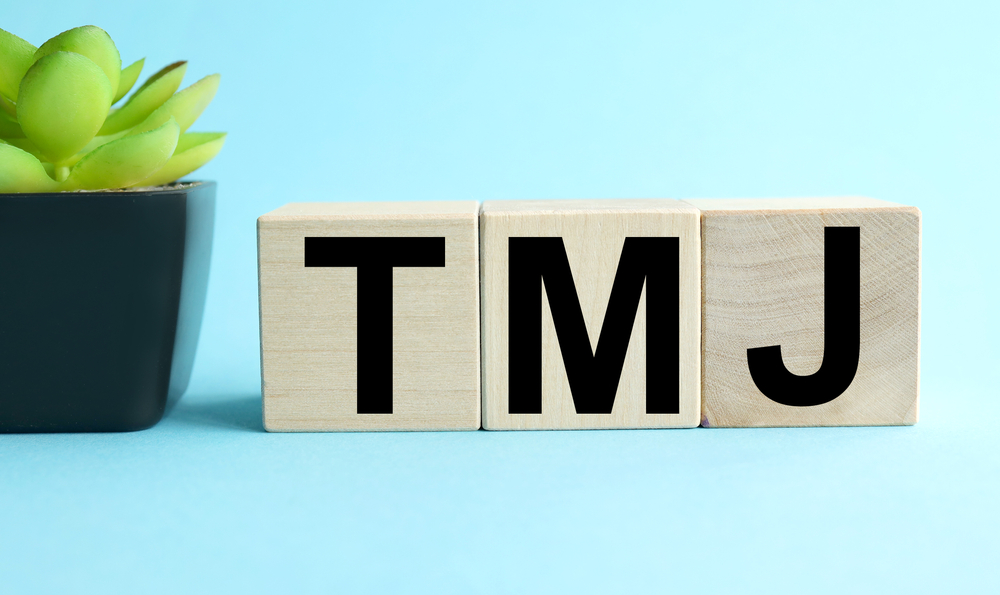
TMJ disorder, also known as temporomandibular joint disorder, is a condition that affects the jaw joint and surrounding muscles. The temporomandibular joint (TMJ) connects the lower jaw to the skull and allows for movements such as chewing and talking. When this joint is damaged or experiences dysfunction, it can lead to pain, discomfort and a variety of other symptoms.
Signs and Symptoms of TMJ Disorder
Some common signs and symptoms of TMJ disorder include:
- Pain or tenderness in the jaw, neck, face, or temples.
- Difficulty or pain while chewing or biting.
- Popping or clicking sounds when opening and closing the mouth.
- Locked jaw, making it difficult to open or close the mouth.
- Headaches, migraines, and earaches.
- Tinnitus or ringing in the ears.
- Fatigue or pain in the jaw muscles.
- Swelling on the side of the face.
If you are experiencing any of these symptoms, it is important to see a dentist for an evaluation.
Steps You Can Take at Home to Alleviate Symptoms of TMJ Disorder
If you have been diagnosed with TMJ disorder, there are several steps you can take at home to alleviate your symptoms:
- Apply heat or cold packs to the affected area to reduce pain and swelling.
- Avoid overly stressful jaw movements such as chewing gum, biting your nails, or grinding your teeth.
- Practice gentle jaw exercises and stretches to improve flexibility and reduce tension.
- Massage the jaw and neck muscles to relieve pain and improve blood flow.
- Use a soft diet to reduce the stress on the jaw joint while eating.
- Consider using an orthopedic splint or mouthguard to provide support and protect the jaw joint.
Dental Treatment for TMJ Disorder
A dentist can diagnose and treat TMJ disorder by identifying the cause of the problem and creating a personalized treatment plan. Some common treatments for TMJ disorder include:
- Orthotics: An orthotic device, such as a splint or mouthguard, can help to realign the jaw and reduce the stress on the joint.
- Physical therapy: Physical therapy can help to improve the flexibility and strength of the jaw muscles and reduce pain and discomfort.
- Medication: Over-the-counter pain relievers or prescription pain medications can help to relieve pain and reduce inflammation.
- Surgery: In severe cases, surgery may be necessary to correct the underlying problem and restore the function of the jaw joint.
TMJ disorder can be a debilitating condition that affects many aspects of daily life. However, with proper treatment, it is possible to manage symptoms and regain a healthy, pain-free jaw. If you are experiencing symptoms of TMJ disorder, it is important to see a dentist as soon as possible to start your journey to recovery.